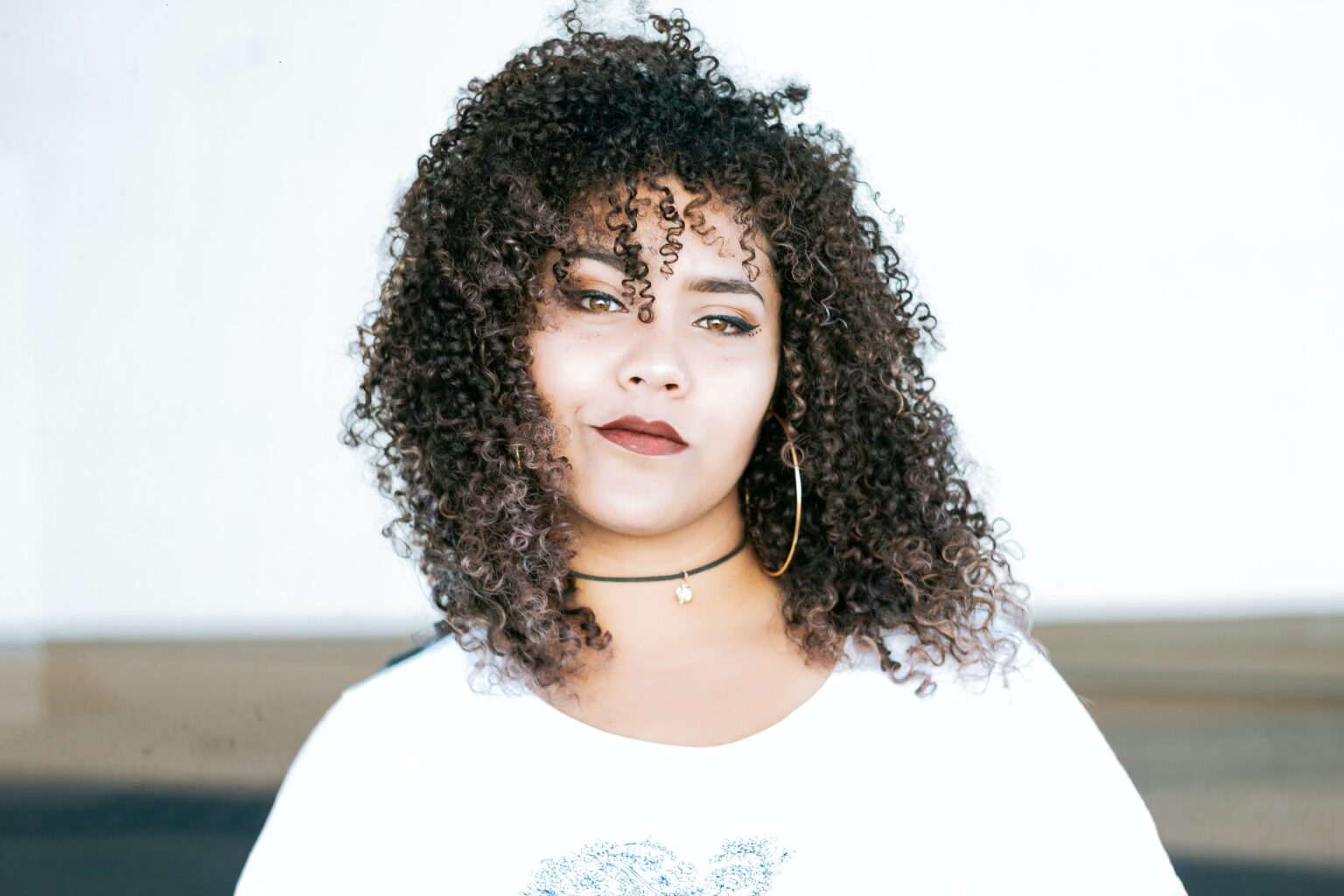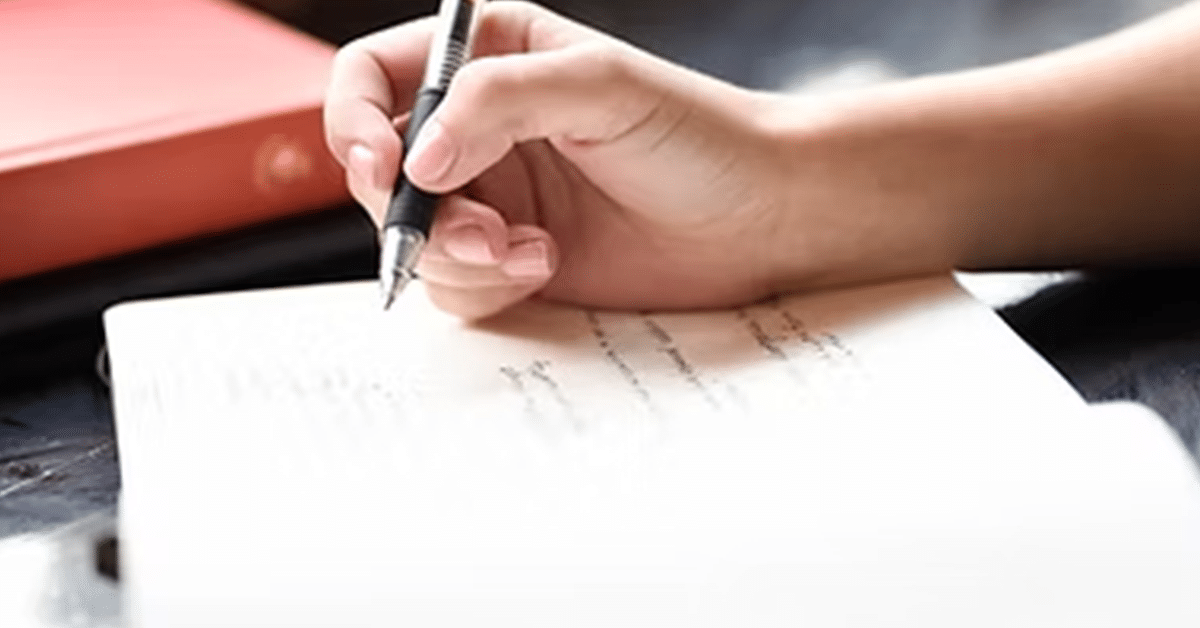There seems to be a great fear of discomfort. I believe we should be embracing discomfort. Instead, some believe that if they feel discomfort this must mean they are unsafe. I don’t want to downplay situations that are truly unsafe and spaces that many individuals do not feel safe. However, there is a concern that the belief of being uncomfortable equals unsafe. This is not automatic. We need to embrace discomfort. To embrace discomfort is to embrace growth.
Understand Discomfort
It is important to understand discomfort and what it means. Discomfort is not generally outside of our window of capacity. We all have a window of capacity (also referred to as a window of tolerance). When we are outside that window of capacity it can move us to hyperarousal or hypoarousal. However, discomfort is within our window of tolerance even if it might be near our edges. The more we are able to be in that space the more our window expands and grows.
Any time we are in a space of learning or being challenged we will be towards the edges of our capacity. It is that place where we are being challenged with something new. Our ideas, beliefs, old stories, thoughts can directly being challenged. This could be an opportunity to learn something new, and be exposed to new ideas or beliefs. Any time we face something new or even learning something new we can feel discomfort. Growth happens in this place, and we should be embracing that.
“Be not afraid of discomfort. If you can’t put yourself in a situation where you are uncomfortable, then you will never grow. You will never change. You’ll never learn.”
Jason Reynolds
Making Sense of Things
What is interesting about human beings is we can also equate familiar with safe. In many cases that might be true but if you come from abuse or dysfunction, you may be putting yourself into risk because of it being familiar. This can be why children of abuse may choose partners that abuse. Those red flags don’t feel like red flags but something that is familiar which we misinterpret as safe.
This can also be true with our belief system. This is what we were brought up believing and, depending on where you live, may have never been challenged. When we enter new places, such as going to another country or even going to college we should face some challenges. Not everything we learned as children ends up being true. If those beliefs get challenged, you will most likely feel discomfort. That is not a bad thing.
It seems like more people feel like if something makes them feel discomfort there is something to be concerned about. If they feel uncomfortable in a situation then it must be unsafe. It is important to understand that discomfort doesn’t equal unsafe. Learning to become more comfortable with discomfort can be very important. There are times that situations and people can be unsafe, but discomfort might not be the measure you think it is.

Unsafe Versus Discomfort
Being unsafe is very different from feeling discomfort. Being unsafe is that you are in harm’s way whether mentally, physically, spiritually or emotionally. You are at risk of harmful action. Are you in immediate danger or being threatened? If you are not, it is probably discomfort. However, feeling discomfort or being uncomfortable just means you are out of your element. This is an opportunity for transformation and growth. Maybe you will be challenged to rethink what you thought or believed as true or that you just are feeling a bit incompetent that you are in a place or position that you just don’t know very much about a particular issue, topic, culture or anything you just don’t know much about.
Distress Tolerance
Distress tolerance is the idea that we can manage stressful situations or emotional distress. It can really start with our awareness on how our emotions influence us when we are in stressful situations. If we have low distress tolerance, we could find ourselves getting upset and overwhelmed by our emotions. It can make the world feel more unpredictable and frightening when we are in challenging situations. Since pain and distress is a part of the human experience it can be helpful in being able to mange this. Dialectical Behavioral Therapy (DBT) offers a toolbox to build distress tolerance skills.
There are stressful things that happen to us in life which is quite normal. How we react to these stressors is an adaptive response. If you find that it is hard to manage difficult emotions, or that feeling discomfort can feel overwhelming you might benefit from learning these skills or expanding on your present skills.
There is some nuance here knowing when you can do this on your own or when you should seek professional help. You may need help to disentangle unsafe with discomfort. Learning to tolerate discomfort is an important skill. If you are feeling overwhelmed a lot of the time, you should seek help. When you are just noticing you could do a little better at it, you can look to improve your skills either on your own or with some assistance. If your expectations are to be comfortable, calm and happy all the time that is pretty unrealistic. It just might be time to strengthen your skills.
“To be truly resilient in the face of adversity, you need to get comfortable being uncomfortable.”
Mathew Lehnig
Comfort Zone
As human beings we can all prefer hanging out in our comfort zone. Though this will keep us pretty fixed. If we want to expand our world and learn something new, we really have to lean into the discomfort. It really doesn’t matter if it is learning how to cook, a new instrument or about a new topic or subject. We have to take a chance and put ourselves out. There is power in embracing a learner’s mentality. If we lean into our curiosity and being able to sit with our discomfort to learn and expand ourselves, we will grow.
“The more you practice tolerating discomfort, the more confidence you’ll gain in your ability to accept new challenges.”
Amy Morin

My Take
If we go through life never feeling any discomfort, we will probably not learn much about either ourselves or the world we live in. I think college should be full of discomfort. We should be challenged with new ideas and constantly be assessing what we think we know. It has been quite a few years since I was in college, and I am troubled by the quieting of different ideas and exposure to all voices that seems to be happening in many places.
Our lived experience and being exposed to others’ lived experiences should be expanding how we see the world and ourselves. Growth can be painful and uncomfortable. But that is what is amazing about us and the power of the human mind. If we stay in our small comfort zone, we will never be more than we are right now.
Final Thought
We have so much opportunity to learn and expand our world view. There is a lot of staying in our own comfort chambers. And only wanting to be with people and ideas that parrot back what we already know and think. If we can open ourselves up to other people, we may not change our ways of thinking, but we may just understand each other better and why other people think and believe what they do. If we can only embrace feeling discomfort to just open ourselves up to new ideas and experiences, it might not just expand our inner world but the outside world.
Photos by Andrey Zvyagintsev, Daniel Rigdon, and Sabrina May on unsplash.
Keep Reading
Want more? Here are some other blog posts you might be interested in.








